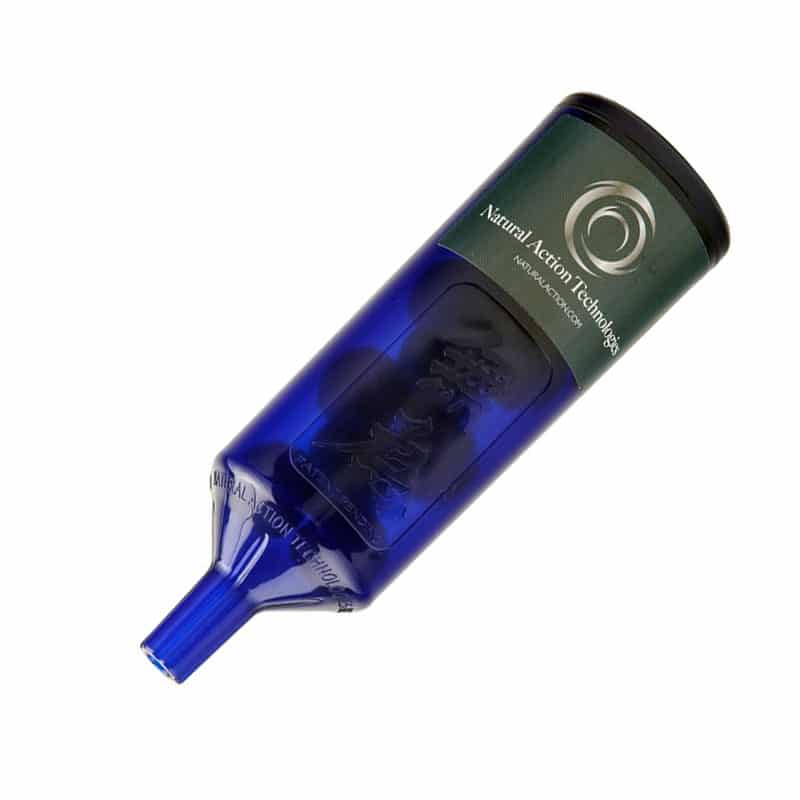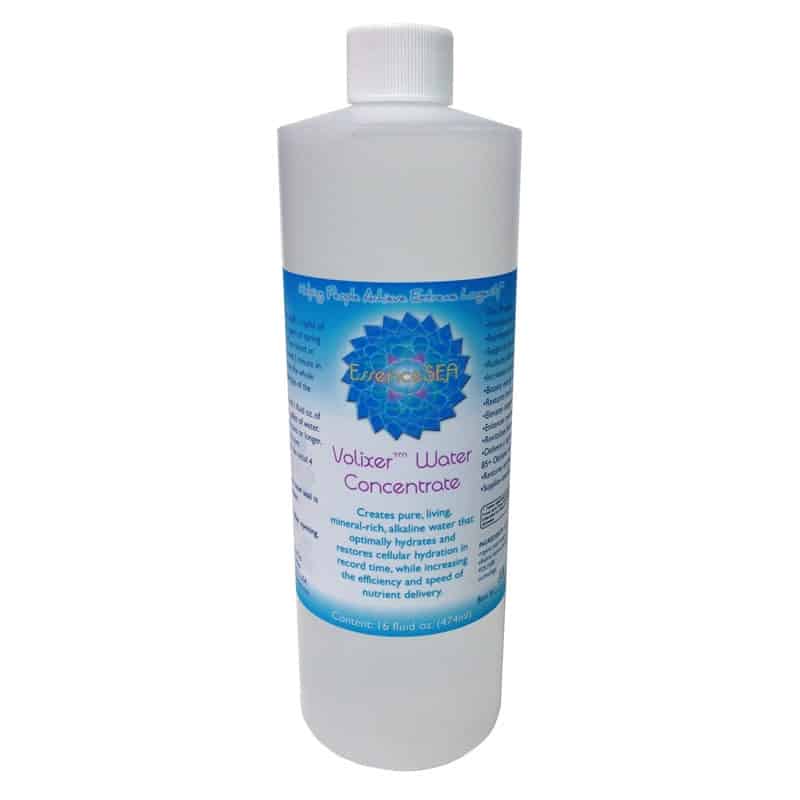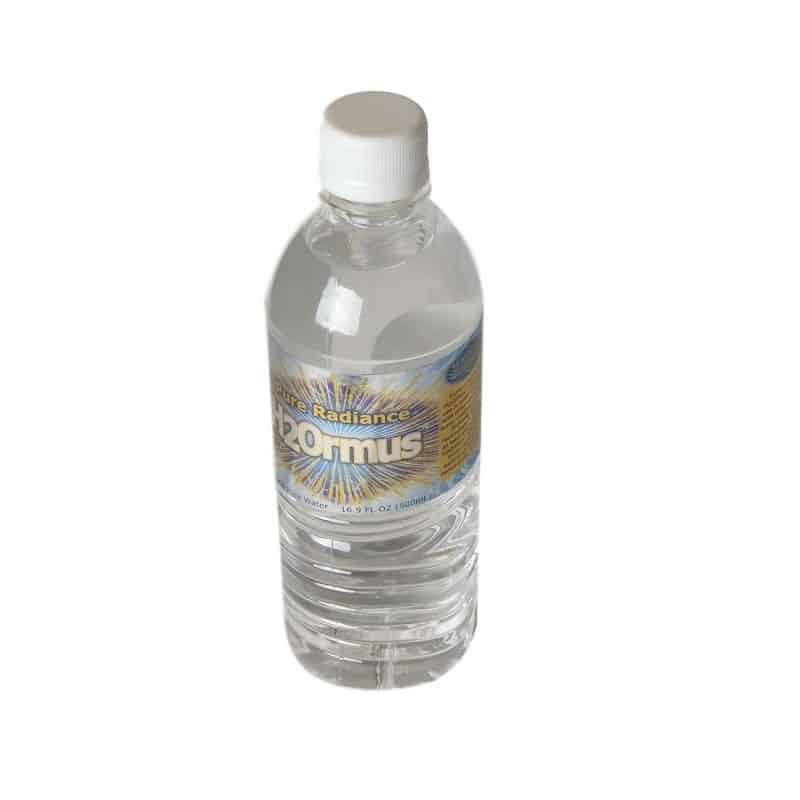No products in the cart.
Hydration and Athletic Performance
Athletic performance becomes significantly impaired when about 2% body weight is lost through sweat. If the weight loss is greater than 4% of body weight, you can expect not only impaired performance, but heat-stroke, and possibly even death.
The normal sweat rate of athletes ranges from 0.5-2.0 L/h depending on temperature, humidity, exercise intensity, and sweat response to exercise . That is 1 to 4 pints of fluid every hour!
The fluid would ideally be energized water (for enhanced cellular absorption) with electrolytes. At the minimum it needs to be a 1 percent solution of whole salt (Himalayan, Celtic, etc.), and possibly further enhanced with magnesium, potassium and calcium.
To maintain fluid balance and prevent dehydration, athletes and laborers need to drink enough electrolyte fluids to offset the loss. This requires frequent ingestion of 6-8 oz of water with minerals every 5-15 min. during exercise or exertion.
Athletes should not depend on thirst to prompt them to drink because people do not typically get thirsty until they have lost a significant amount of fluid through sweat.
Serious athletes should consider weighing themselves before and after exercise in training training to fine tune their understanding of fluid loss during exercise, especially outdoors, in hot weather. People who perspire heavily should be consuming 3 cups of fluid for every lb. lost during exercise to adequately rehydrate themselves.
Preventing dehydration during exercise is one of the most effective ways to maintain exercise capacity.
Inappropriate and excessive weight loss techniques (e.g., cutting weight in saunas, wearing rubber suits, severe dieting, vomiting, using diuretics) are extremely dangerous and should be avoided. Cutting weight through dehydration techniques will definitely compromise athletic performance.







